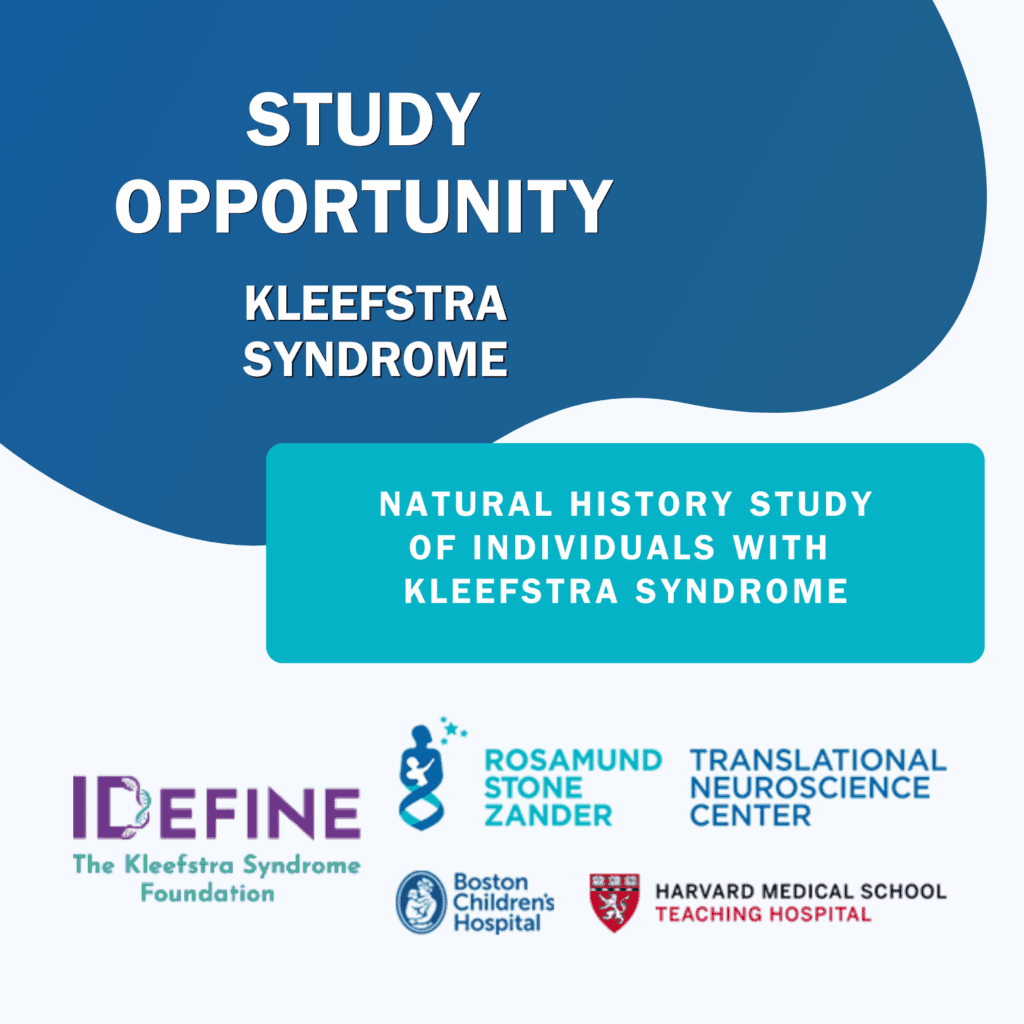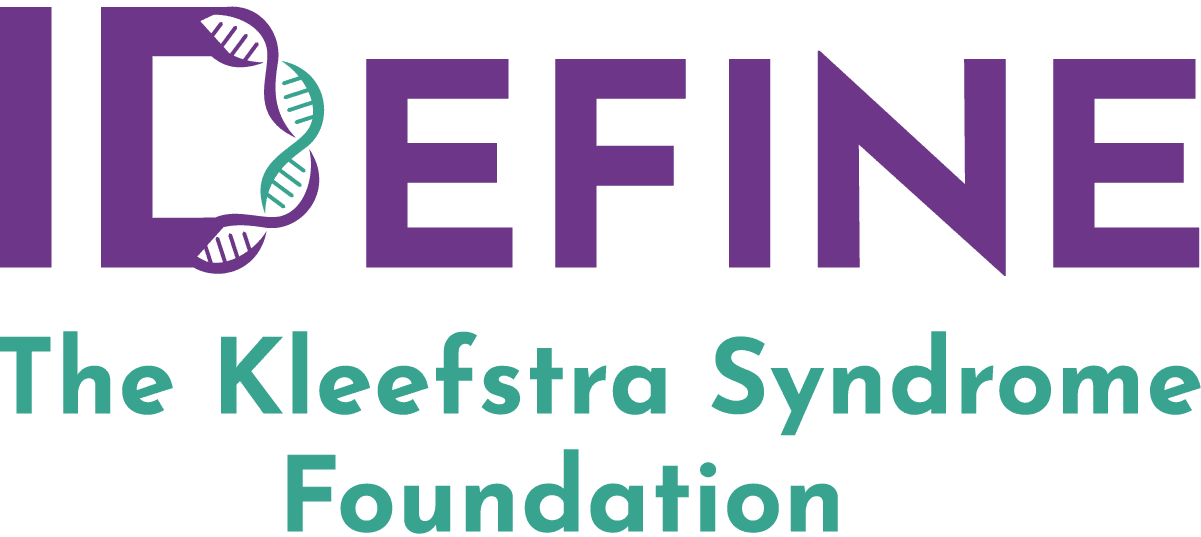New Natural History Study for Kleefstra Syndrome: A Q&A for Families

IDefine is excited to announce a new natural history study in partnership with Boston Children’s Hospital (BCH), aimed at better understanding Kleefstra syndrome (KS). Led by Dr. Siddharth Srivastava, this study will significantly advance research, providing vital information that could pave the way for future treatments. Here’s what families considering participation need to know.
Q: Why is this natural history study important?
Natural history studies gather essential data that helps physicians and researchers understand the symptoms, genetics, and progression of Kleefstra syndrome as a person grows. This foundational information, often referred to as a “baseline,” is crucial for designing and launching clinical trials in the future. It will allow doctors and scientists to understand if a treatment produces an improvement in symptoms relative to the baseline.
Q: Who is eligible to participate?
Individuals with Kleefstra syndrome aged 2-21 who have a confirmed disease-causing gene change in EHMT1 are eligible. There will be a prioritization on enrolling children aged 2-11 because there’s currently limited natural history data for this younger age group. However, we expect to enroll patients older than 11, so patients in this age range should absolutely apply to be in the study.
Q: Why the focus on younger patients?
Dr. Kleefstra and her team recently finished a natural history study that enrolled individuals ages 13 years and older. That study will be published in the near future. Now, in order to be ready for a clinical trial, we need to collect more natural history data on people who are younger than 13 years old.
Q: What is involved in participating?
Participation involves one visit with the study team per year, for 3 years (for a total of 3 visits). Each visit includes:
Neurobehavioral assessments (approx. 2-4 hours)
Questionnaires completed at home by parents or caregivers (approx. 2 hours)
Sharing medical records with the BCH team
An in-person visit with a BCH physician
Parent interviews (approx. 1-2 hours)
Additionally, participants can opt-in for:
Blood draws (highly encouraged)
EEG studies (available for children aged 2-11)
Photograph collection
At-home Fitbit data collection for one week
Q: Is travel required, and is assistance available?
In-person visits at Boston Children’s Hospital are highly encouraged, though virtual visits may also be available for follow-up, if it is not possible to travel in-person. Families will receive a $500 travel stipend following each completed in-person visit to help offset expenses.
Q: When does enrollment start, and how can I participate?
Enrollment will open in late spring. The study aims to enroll 30 participants over three years, so it’s possible that not everyone interested will be able to participate. Families should reach out once enrollment officially begins, and the launch date will be announced soon.
Q: What are the benefits of participating in this research?
While there is no direct medical benefit to participating, your involvement contributes significantly to the scientific understanding of Kleefstra syndrome. This knowledge is essential to identifying biomarkers and effective measures for future clinical trials.
To learn more about the study or express interest, please contact:
Zoë Frazier, MS, CGC
Email: zoe.frazier@childrens.harvard.edu
Phone: 617-919-7370
Thank you for helping us build a brighter future for individuals living with Kleefstra syndrome!
